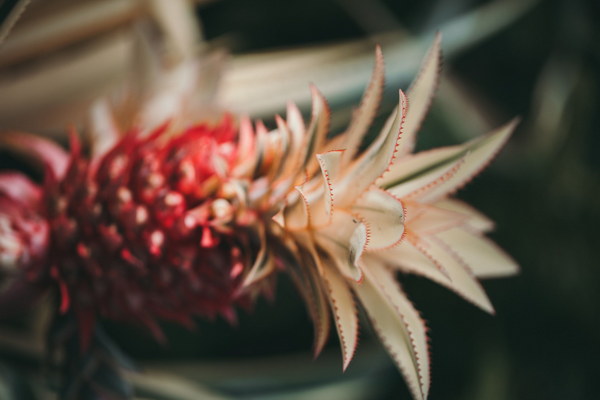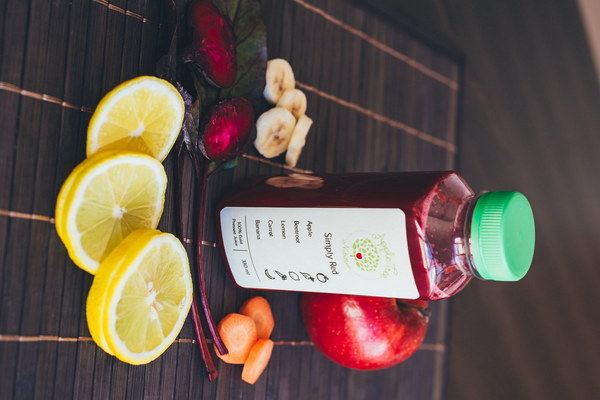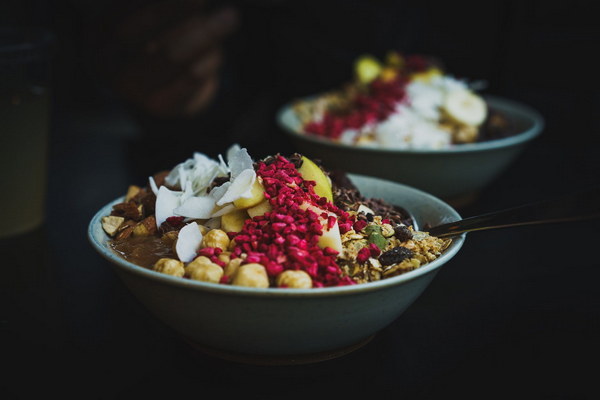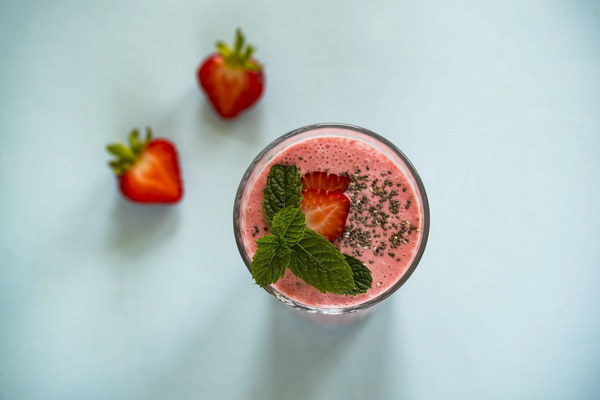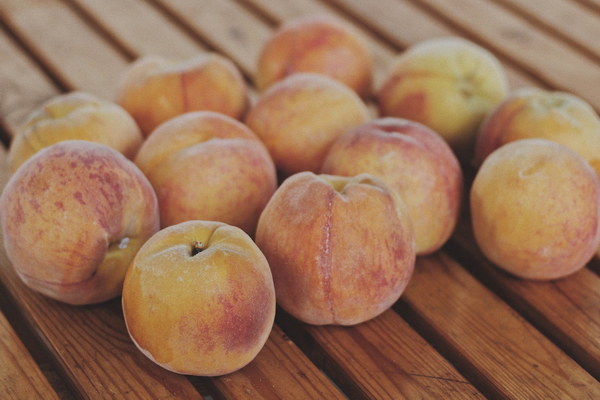Can Drinking Tea Really Eliminate Dampness in the Body
In the world of traditional Chinese medicine, the concept of dampness in the body is a prevalent issue that can lead to various health problems. One of the most popular remedies for combating dampness is drinking tea. But can drinking tea really eliminate dampness in the body? Let's delve into this topic to uncover the truth behind this age-old belief.
Understanding Dampness in Traditional Chinese Medicine
In traditional Chinese medicine, dampness refers to an imbalance of fluid in the body that can be caused by external factors like humidity, or internal factors such as poor diet and lifestyle. Dampness is believed to cause various symptoms, including fatigue, weight gain, water retention, and even more severe conditions like arthritis and digestive disorders.
Tea: A Natural Remedy for Dampness
Tea has long been considered a natural remedy for dampness in the body. There are several reasons why tea is believed to be effective in this regard:
1. Diuretic Properties: Many teas have diuretic properties that can help the body eliminate excess fluids, thereby reducing dampness. Herbs like dandelion and juniper berries are known for their diuretic effects.
2. Astringent Qualities: Certain teas have astringent qualities that can help to bind excess fluid in the body, thereby reducing dampness. Green and white teas are known for their astringent properties.
3. Detoxification: Tea is often consumed as a detoxifying agent, which can help to clear the body of impurities and reduce dampness. Green tea, in particular, is renowned for its detoxifying effects.
4. Herbal Teas: There are many herbal teas that are specifically formulated to target dampness in the body. These include teas made from ginger, chrysanthemum, and lemongrass, all of which are believed to help alleviate dampness symptoms.
Types of Tea That Can Help Eliminate Dampness
1. Green Tea: Green tea is rich in antioxidants and has diuretic properties, making it an excellent choice for combating dampness. It also helps to improve digestion and boost the immune system.
2. White Tea: Similar to green tea, white tea has antioxidant properties and can aid in the elimination of excess fluid. It is also known for its anti-inflammatory effects.
3. Oolong Tea: Oolong tea is a semi-fermented tea that has both diuretic and astringent properties. It can help to balance the body's fluid levels and improve digestion.
4. Herbal Teas: As mentioned earlier, herbal teas like ginger tea, chrysanthemum tea, and lemongrass tea are specifically formulated to target dampness in the body.
How to Drink Tea for Dampness
To effectively use tea as a remedy for dampness, follow these tips:
1. Choose the Right Tea: Select a tea that is known for its dampness-relieving properties, such as green tea, white tea, or herbal teas like ginger or chrysanthemum.
2. Boil Water: Use fresh, cold water to brew the tea and bring it to a rolling boil.

3. Steep the Tea: Steep the tea for the recommended time, which varies depending on the type of tea. Green and white teas typically require a shorter steeping time, while herbal teas may need to steep for longer.
4. Enjoy Regularly: Drink the tea regularly to help alleviate dampness symptoms. It is best to drink tea throughout the day rather than just at one time.
Conclusion
While there is no scientific evidence to conclusively prove that drinking tea can eliminate dampness in the body, traditional Chinese medicine has long supported the use of tea as a remedy for this condition. Incorporating the right types of tea into your daily routine may help alleviate dampness symptoms and promote overall well-being. As always, it is important to consult with a healthcare professional before making significant changes to your diet or lifestyle.
